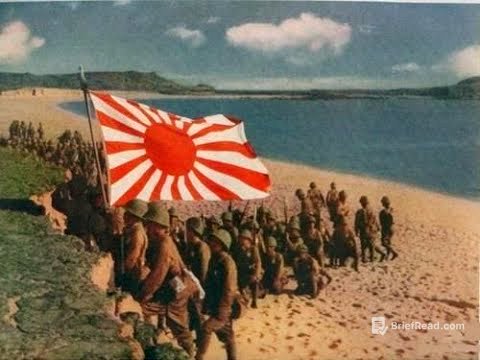TLDR;
The video discusses the significant price markup on luxury goods, specifically focusing on Dior and Armani. It highlights the vast difference between the production cost and the retail price, questioning whether consumers are paying for quality or simply the brand name. The investigation by Italian prosecutors into these companies' factories reveals the surprisingly low wages paid to suppliers compared to the high prices charged to consumers.
- Italian prosecutors investigated Dior and Armani factories.
- Dior pays suppliers $57 to make a bag, which they sell for $2,800.
- The video questions whether the high price is due to quality or the brand name.
Introduction [0:00]
Italian prosecutors recently investigated the factories of Dior and Armani, uncovering details about the cost of producing luxury goods. The investigation sheds light on the economics behind luxury brands and the significant price markups they apply to their products. The core question is whether the high prices of these items reflect superior quality or are primarily driven by the brand's prestige.
Dior's Production Costs and Retail Price [0:05]
Dior pays its suppliers approximately $57, or about 5,000 Indian rupees, to manufacture a single bag. This cost is surprisingly low when compared to the retail price of the same bag, which is around $2,800, or 2.6 lakh Indian rupees. This means the bag is sold for about 50 times the cost of its production. The massive difference prompts a question about what justifies such a high price.
The Question of Value [0:24]
The substantial price markup raises the question of whether consumers are paying for the actual quality of the handbags or simply for the brand name associated with them. The video challenges viewers to consider the value proposition of luxury goods, suggesting that the brand's reputation may be a significant factor in the pricing strategy.









